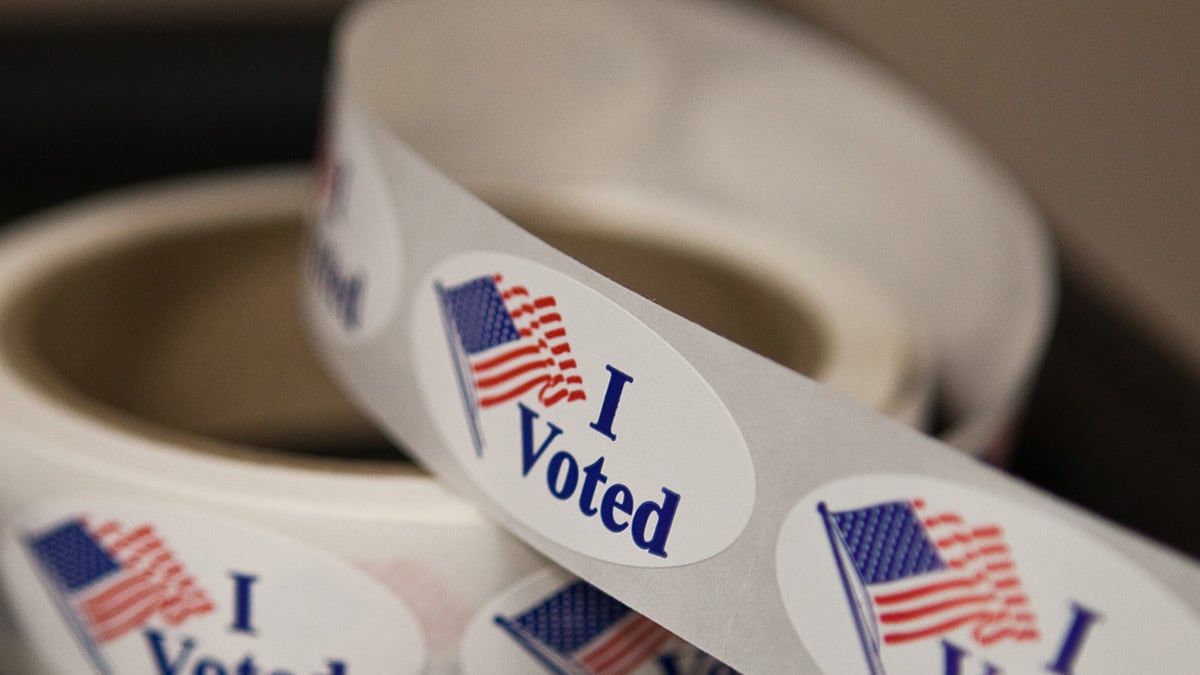The Wisconsin brag-and-blame games have begun. Democrats wasted no time dismissing Gov. Scott Walker’s recall win as proof that the big out-of-state money trumped local sentiment, while Republicans are still fuming about labor’s national push to oust him.
Both sides are right.

The people of Wisconsin have been merely pawns in the new era of nonstop nationalized campaigning. Election Day is now just the pause between quarters in a campaign game that never ends. The battle over Walker had very little to do with Oshkosh, Madison, or Milwaukee. The U-Hauls, vans, and flights leaving town now like the Ringling Brothers Circus packing up its tent poles en route to the next town—while Wisconsinites are left with the elephant dung to clean up.
The new age of the net roots versus the super rich is not working.
We have always had major political problems and conflicts. Wars, corruption, economic malaise. Yet Election Day signaled the direction voters wanted to go. Citizens had had their say, and one side had earned the right to move their platform forward.
But now, the increased presence of super PACs and super roots means Election Day is never over.
The circus has only a few performers, and they dominate the tent. Petulant rich folks like Sheldon Adelson and the Koch brothers enjoy the outsized influence their money casts in places, like Green Bay, they will never set foot it in. Across from there are the activists of the new net-roots nation. They may live in New York, San Francisco, or Taos, N.M., but they band together to influence Joe Schmo in Oshkosh, Wis. And while they will never spend time with the hard-working folks in Oshkosh, they feel good about blogging about evil Scott Walker from the comforts of an Upper East Side coffee shop.
Our current political landscape allows the Adelsons of the world to change the political debate as easily as flipping channels on TV. When Adelson got bored with Newt, he pressed the button on the remote and moved on to Wisconsin and put his support behind Mitt Romney.
After Tuesday these warriors of the new 24/7 political battle are packing up and moving on to the next battlefield, in search of a Republican or Democrat who dares to compromise with the evil other side. They will find new pawns to wage proxy war from afar.
It wasn’t always like this. When Congressman Dan Rostenkowski attempted to defend his changes to Social Security in 1986, seniors attacked him. He held district town hall meetings in Chicago, and was vilified by many senior activists.
But Rostenkowski was reelected because his constituents valued his service to the district and heard him out, and they forgave him for the compromises he had made on Social Security. The voters had time to learn more about the changes that had been made and, once they understood those changes, the vitriol toward the congressman subsided.
If Rostenkowski was serving in Congress today and attempted the same compromise, it is doubtful he would even come close to being reelected. The net-roots activists in New York or San Francisco would rage to destroy him.
Single-issue activists on both sides of the aisle are now often considered equal to local constituents when it comes to candidates running for office. These new national funding constituents don’t give money for nothing, but tie their support to a candidate that will represent the issue they are passionate about. If a candidate crosses them, they happily respond by supporting future opponents. No one is able to reach across the aisle to talk about solutions, because the new national constituents will fire a politician way before the election.
Imagine being in a room of 535 people and trying to be heard—the louder you scream the better chance you have to be heard. That’s our current relationship of elected officials to grassroots; the loudest, most dogmatic, uncompromising radicals on the left and the right are the ones that get supported. Do we really want 535 Alan Wests or Alan Graysons?
How do you scream the loudest when you are pragmatic and seeking bipartisan solutions? You can’t compete.
The only solution to this failed new democracy funding experiment is to end the 24/7, 365-day election cycle. Members should spend more time legislating and less time fundraising. This would not end the need for grassroots support or end responsive democracy. Rather it would allow for elected officials to seek solutions without the fear of instant reprisals. The basic rationale is incredibly straightforward: Let officials be judged on Election Day, not years before.
Otherwise, when the circus comes soon to a town near you, you won’t have to buy a ticket but you will have to pick up the mess.





